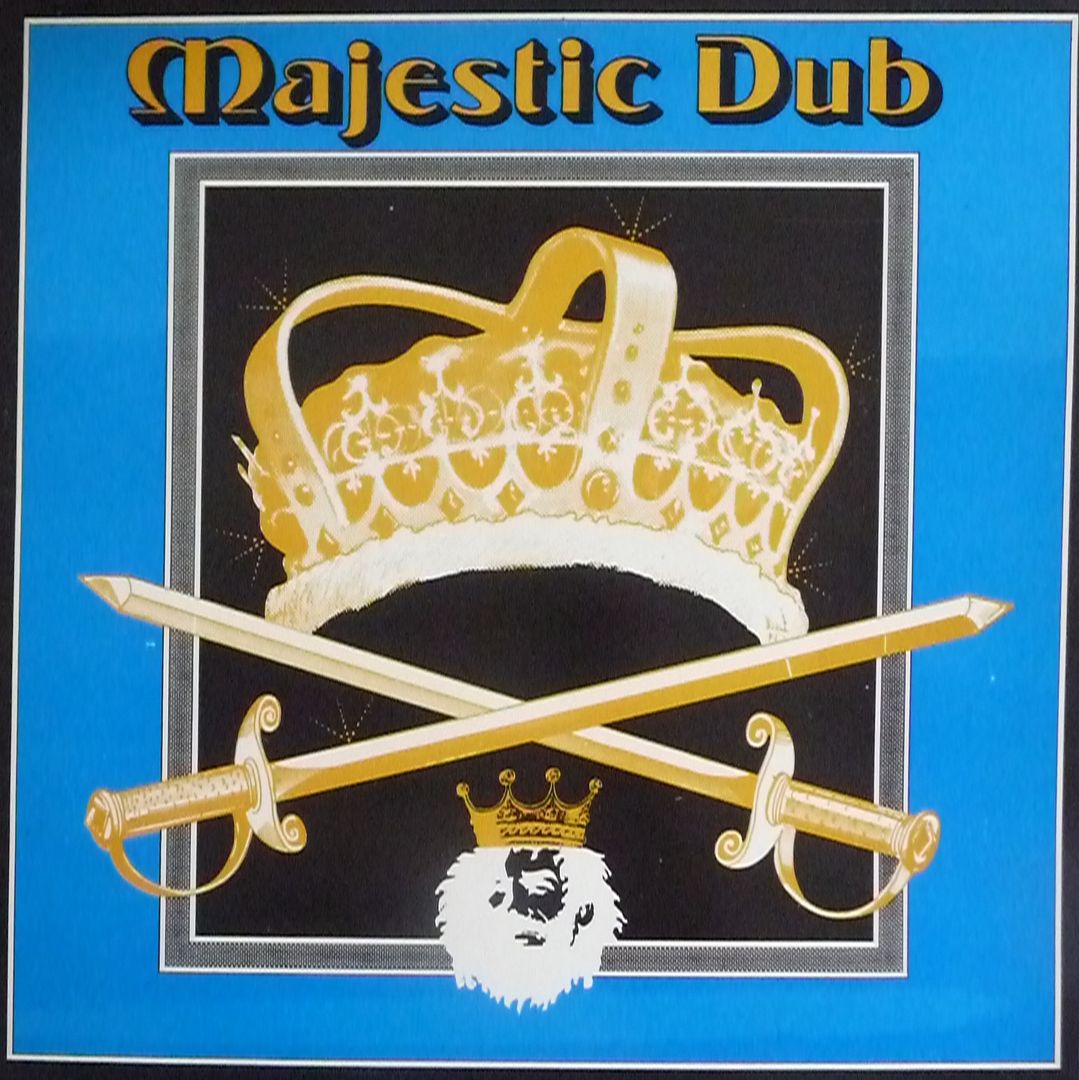
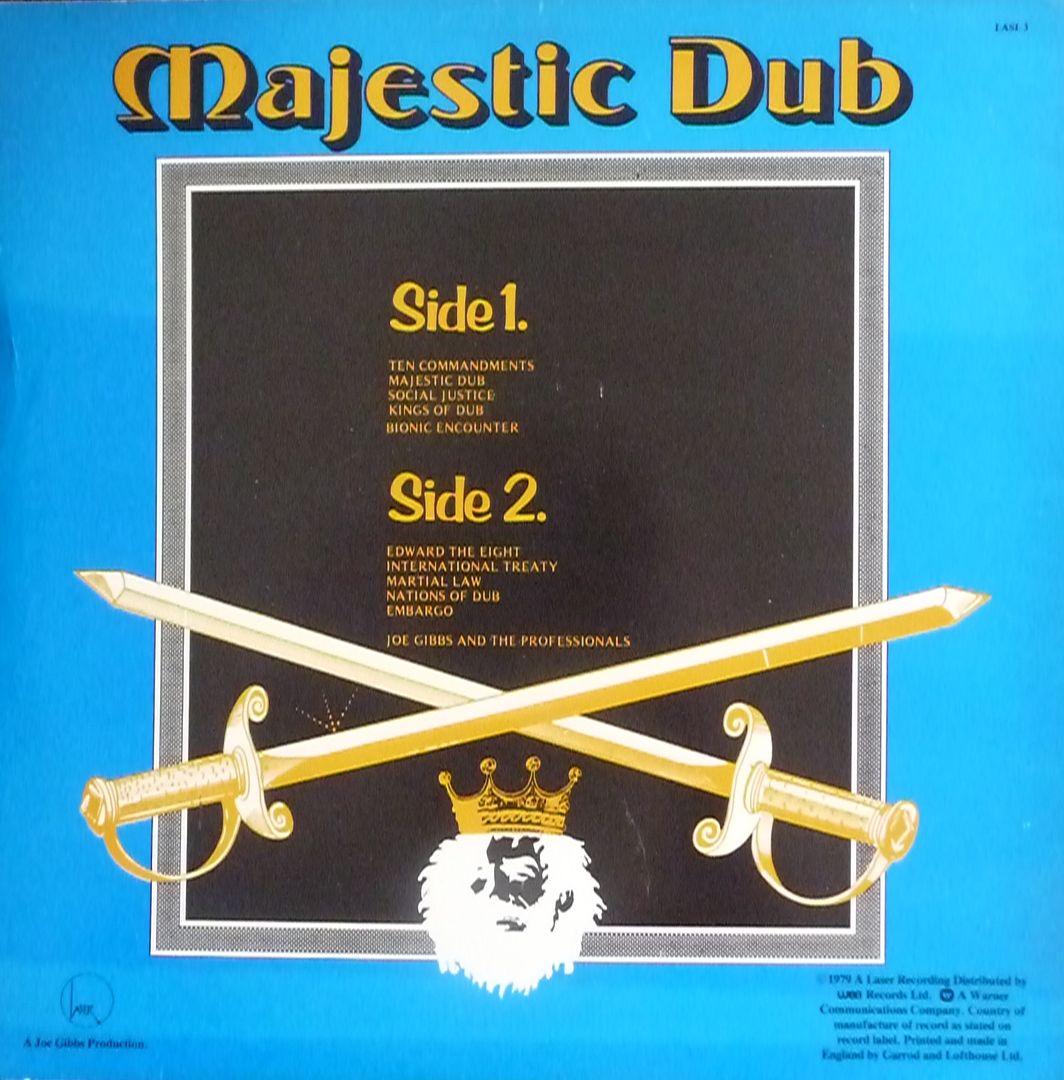
Ten Commandments / Majestic Dub / Social Justice / Kings Of Dub / Bionic Encounter
Edward The Eight / International Treaty / Martial Law / Nations Of Dub / Embargo
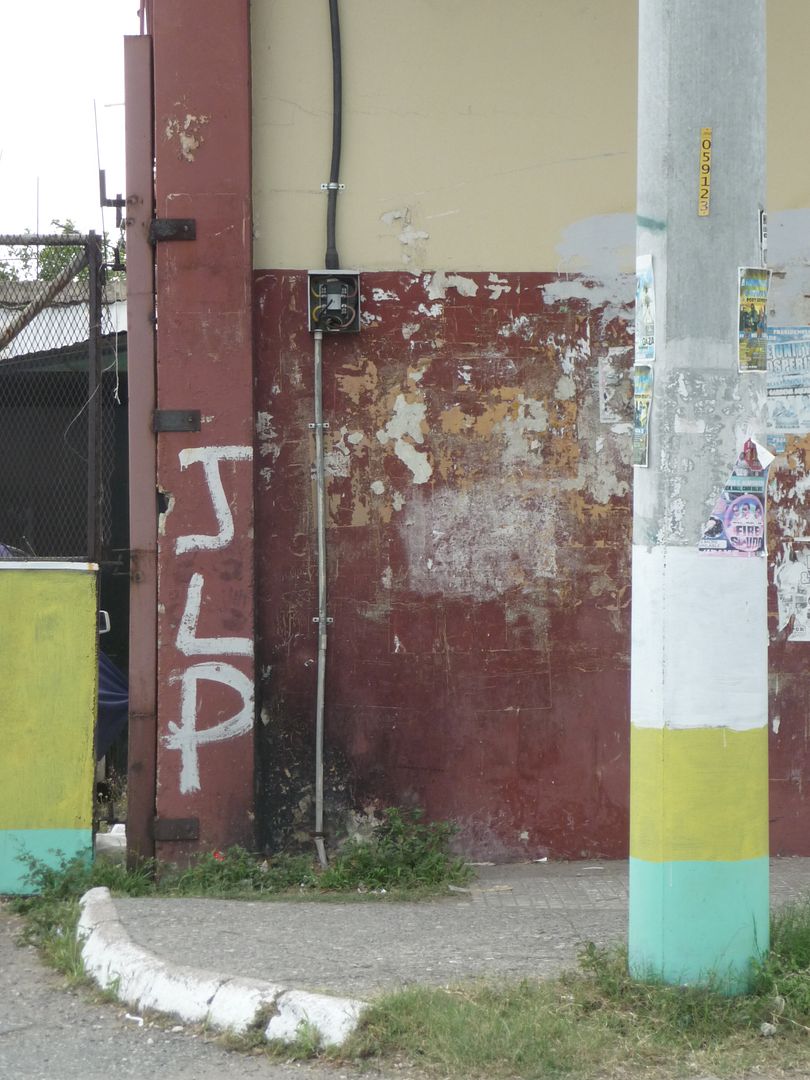
Joe Gibbs was one of Jamaica’s most influential producers during the seventies and early eighties. His long lasting relationship with the late sound engineer Errol Thompson, who had left Randy’s Studio prior to working with Joe Gibbs, resulted in producing more than well over one hundred hit records in Jamaica and the UK. They became famous as ‘The Mighty Two’.
Dub versions of popular Jamaican songs started emerging in the late 60’s. Eventually, studio engineers and producers such as King Tubby, Derrick Harriot, Clive Chin, Errol Thompson and Harrie Mudie mixed and modified the dub tracks, occasionally using the voice as an additional instrument. The evolution of dub finally resulted led to point were the dub tracks stood on their own. Consequently, full length dub albums began to appear, initially in small pressings with high prices. Joe Gibbs released a slew of fine dub albums between 1975 and 1980.
African Dub All Mighty – 1975
African Dub All Mighty Chapter 2 – 1976
State Of Emergency – 1976
African Dub All Mighty Chapter 3 – 1978
African Dub All Mighty Chapter 4 – 1979
Majestic Dub – 1979
On these albums you can find dub workouts of popular Joe Gibbs productions from the 70’s, most of which are updated versions of classic Treasure Isle and Studio One riddims. ‘African Dub All-Mighty Chapter 3’ was the most commercially successful and genuinely brought the dub format to the ears of many listeners outside the reggae community specifically the growing punk community. Part of the appeal was the broad use of bizarre sound effects such as ringing bells, buzzers, phones, whistling birds and shooting sounds. For some dub purists this distracted from the impact of some of the original riddims. The band Joe Gibbs and The Professionals included top musicians such as bassists Lloyd Parks and Robbie Shakespeare, drummer Sly Dunbar, guitarists Earl Chinna Smith, Winston Bowen, and Bingi Bunny and organists Bubbler and Ossie Hibbert.
”Majestic Dub’ was a ten track set released on the Lazer record label in the UK and the Joe Gibbs record label in Jamaica in 1979. This was a time when the disco craze was hitting the island of Jamaica hard so the organ / synths and guitars recorded on top of some of the riddims showcased on this LP have a very recognisable disco feel! This album offers a selection of familiar riddims. There is ‘Social Justice’, a tune across the Augustus Pablo ‘Java’ riddim. Furthermore there’s the ‘To the Foundation’ riddim, courtesy of the late great Dennis Brown. More Dennis Brown riddims include ‘Edward The Eight’, utilising the ‘Stay At Home’ riddim, courtesy of the original Paragon, Mr. John Holt and ‘Nation Of Dub’, riding the ‘How Could I Live’ riddim voiced by artists such as The Sharks, John Holt, Dennis Brown to name but a few.
‘Majestic Dub’ is not the most powerful dub outing Joe Gibbs has put out, nevertheless it still stays an enjoyable album. The pick of the bunch for me is the African Dub All Mighty set and not surprisingly the third installment is my pick of that bunch. I would have tried to upload that set but I did not have time to record four LP’s in one session and more importantly the records were unreachable in the lock up…This LP was more accessible hence it’s inclusion today.
Some of the text above was lifted from the reggaevibes.com website and the text below from wikki…
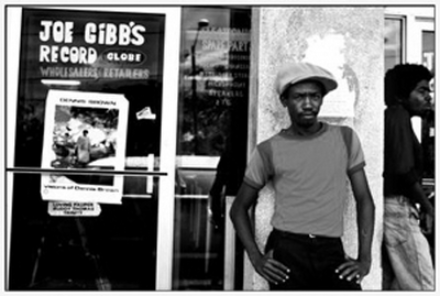
Joe Gibbs worked as an electronics engineer in the United States before his career in music started. Gibbs eventually returned to Kingston, Jamaica and opened an electrical repair shop with television repairs and sales as its main concern. It was in this shop that he first started to sell records. The fast growth of the local music scene encouraged him to get more involved in the music business, and in 1967 he started to record some artists in the back of his shop with a two-track tape machine, working with Lee Perry who had just ended his association with Clement Coxsone Dodd. In 1968, with the help of Bunny Lee, he launched his Amalgamated record label, and had his first success with one of the earliest rocksteady songs, Roy Shirley’s ‘Hold Them’.
When Perry decided to leave to start his own record label, Upsetter, Gibbs enrolled the young Winston Niney Holness (later known as Niney The Observer) who helped Gibbs maintain his productions at the top of the charts. During the rocksteady period until 1970, he had hit records with numerous artists including The Pioneers, Errol Dunkley, and Ken Parker. He also worked with backing bands such as Lynn Taitt and the Jets (including the organist Ansel Collins, and horns players Tommy McCook, Johnny Dizzy Moore, Bobby Ellis and Vin Gordon), or The Hippy Boys (featuring the Barrett brothers as the rhythm section).
He concentrated exclusively on the production of the then new reggae sound after his first international success ‘Love of the Common People’ by Nicky Thomas (#9 in the UK Singles Chart in summer 1970). Gibbs still recorded the rock-steady artists that he had initially worked with; artists like The Ethiopians, Delroy Wilson, and The Heptones. The two volumes of his singles compilations The Heptones and Friends were bestsellers in Jamaica. During this period, he launched three new labels — Jogib, Shock, and Pressure Beat.
In 1972, after having moved his studio in the Duhaney Park district, he set up a new one at Retirement Crescent and started to work with sound engineer Errol Thompson, who used to be at Randy’s Studio. Together they were known as The Mighty Two, and along with his studio band The Professionals (including bassist Robbie Shakespeare, drummer Sly Dunbar and guitarist Earl Chinna Smith), they produced hundreds of singles, including the hits ‘Money In My Pocket’ by Dennis Brown, ‘Ah So We Stay’ by Big Youth and ‘Eviction’ by Black Uhuru. The duo worked on over 100 Jamaican number one hits.
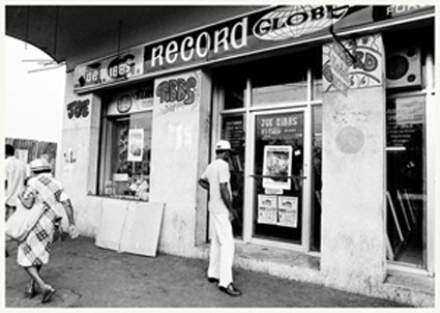
In 1975, he set up his new 16-track studio and record pressing plant and kept producing Jamaican artists under numerous label names (Crazy Joe, Reflections, Belmont, Town & Country). He had success again with roots reggae, rockers, lovers rock and Dub music artists including: Dennis Brown, Jacob Miller, Sylford Walker, The Mighty Diamonds, Gregory Isaacs, Prince Alla and Junior Byles.
The 1977 Culture album ‘Two Sevens Clash’ was a major influence on the then emerging punk scene and an internationally acclaimed production. The album was cited by punk rock band The Clash. Other successful artists produced by the Mighty Two during the end of the 1970s include: Marcia Aitken, Althea & Donna, John Holt, Barrington Levy, Cornell Campbell, Dean Fraser, Delroy Wilson, Beres Hammond, Ranking Joe, Prince Jazzbo, Prince Mohammed, Dillinger, Trinity, Prince Far I, Clint Eastwood, I-Roy and Kojak & Liza.
AL Puppy
September 25, 2011 at 2:54 pmGiving Social Justice a listen while the rest down loading.
http://youtu.be/sqhvSVHwGNc And now going to listen again… hope the rest of the album is as good.
Spinderella
October 11, 2011 at 12:22 pmI have this album, it’s superb!!!